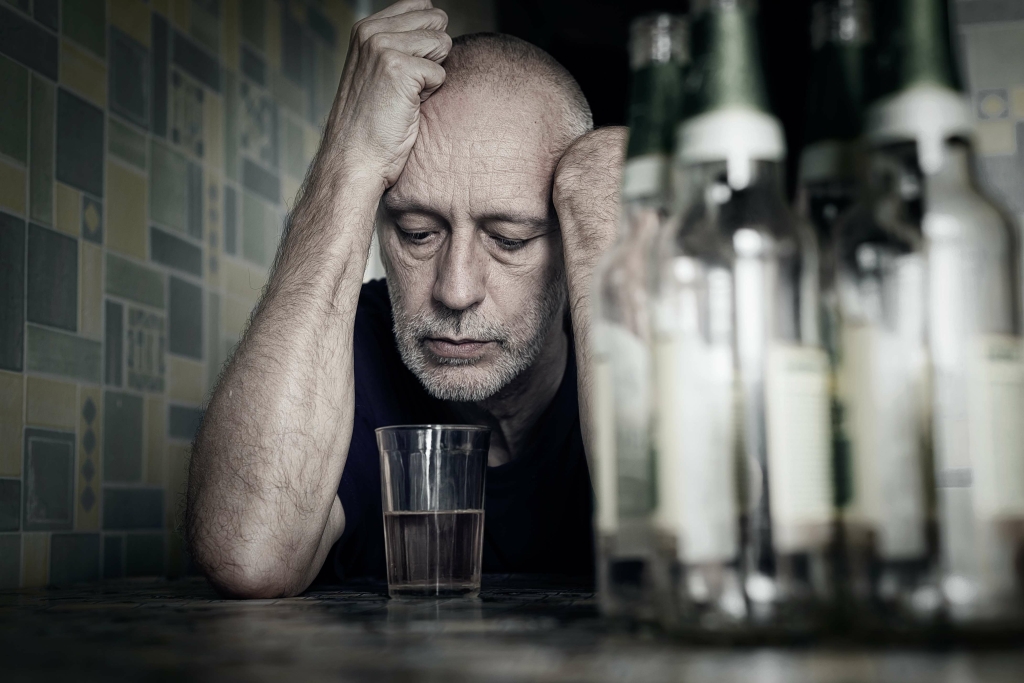You’ve probably noticed that some people seem to hold their liquor better than others. In fact, you probably know someone who, no matter how much they drink, never seems to act drunk. One might say that this person has a “high tolerance” feeling of being drunk for alcohol. Some people are prone to doing crazy stunts when they get drunk. Because alcohol reduces our inhibitions, it makes us more likely to act impulsively. For some of us, this means doing a bit of extra online shopping.
- For example, a BAC of 0.05 means that the person’s blood is 0.05% alcohol.
- The next day, we’re left with a pounding headache, Sahara Desert-level thirst, and a stomach performing its own version of the Riverdance.
- If you’re reading this article, I’m willing to bet a couple things.
- The night that was meant to be filled with cliffhanging plot twists turns into blurry mumblings as you stumble off to bed.
Because alcohol changes the way the brain processes information, it also makes it difficult for people to make suitable decisions or assess their own behavior. For example, people who are very drunk might underestimate how intoxicated they are. The more alcohol you drink, the stronger the effects of alcohol on the body. Ethanol, a very tiny molecule, causes that feeling of being drunk. It is colorless, clear, and produced through the process of fermentation. But how can this small thing cause such a profound effect on our bodies?
What Does Alcohol Do to Your Brain?
The amount of alcohol a person drinks is the biggest predictor of BAC. The more a person drinks, the higher their BAC will be. A 2016 study found that very intoxicated people underestimate how drunk they are, how extreme their drinking is, and how likely their drinking is to affect their health. At a BAC of 0.45 or above, you are likely to die from alcohol intoxication.
- They can be 1 to 6 and it all depends on their mood, the drinks, the setting, and how the session proceeds and ends.
- How did your night go from Stranger Things to strange feelings in your stomach and scattered thoughts in your mind?
- Those who have not experienced alcohol intoxication may wonder what it feels like to be “drunk.” It can affect mood, speech, judgment, and more.
And the higher your BAC, the longer you’ll stay drunk. You can’t really predict how long you’ll stay drunk, and try as you might to stop being drunk faster, there’s nothing you can do to lower your BAC once you’ve started drinking. Emergency medical attention is critical at this stage.
The Emotional Drunk
Some genes make us more sensitive to alcohol, while other variants may make us less vulnerable to its effects. Female bodies also tend to contain less water to dilute alcohol and produce less of the enzyme dehydrogenase, which helps the liver break down alcohol. When it comes to booze, size totally matters because it determines the amount of space that alcohol can diffuse in the body.

Many people also report feeling warmer when they are drunk. This is because alcohol dilates blood vessels, which causes blood to flow closer to the skin’s surface. Being drunk feels different for everyone, but there are some commonalities. Generally, people report feeling more relaxed and less inhibited when they are drunk. This can lead to people acting more wildly or impulsively than they normally would.
Recognizing alcohol overdose
Drunk, they become emboldened—now with an autonomous, and possibly outrageous, voice of their own. If you’re concerned about how you behave when you drink, and want to reduce how much you consume, Ria Health may be able to help. Our online program offers medication for alcohol cravings, coaching, virtual support groups, and handy digital tools—all from an app on your smartphone. You don’t even have to quit drinking completely, or identify as an alcoholic to join. And no matter what “type of drunk” you are, if you find yourself drinking frequently and struggling to control your consumption, it may be a sign that it’s time to cut back. There’s nothing wrong with being affectionate with people we are familiar with.
